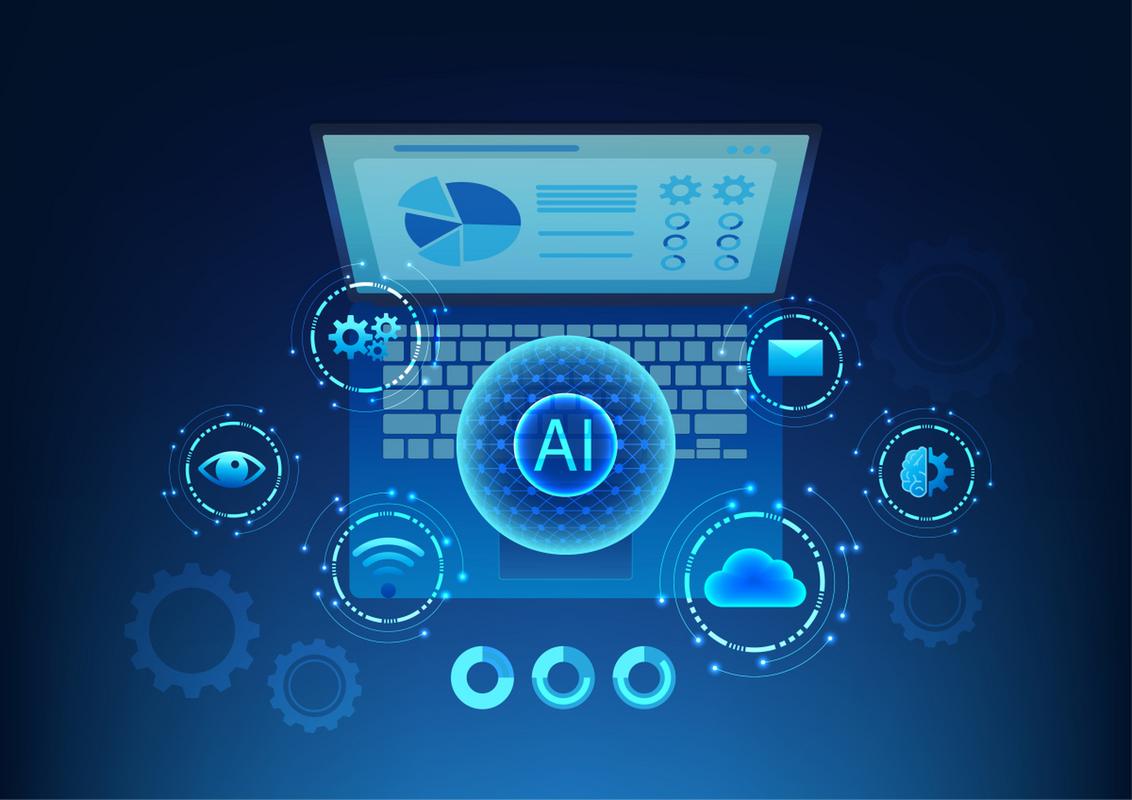
Understanding AGI: A Comprehensive Guide
Artificial General Intelligence, or AGI, is a term that has been gaining traction in the realm of artificial intelligence. It refers to a type of AI that possesses the same level of intelligence as humans, enabling it to understand, learn, and apply a wide range of tasks. In this article, we will delve into the intricacies of AGI, exploring its definition, key features, and the challenges it presents.
What is AGI?
AGI, short for Artificial General Intelligence, is an AI system that can perform any intellectual task that a human being can. Unlike Narrow AI, which is designed to perform specific tasks, AGI aims to achieve a level of intelligence that is comparable to that of humans. This means that AGI can learn, reason, solve problems, and adapt to new situations, just like humans do.

Key Features of AGI
AGI possesses several key features that set it apart from other types of AI. These features include:
| Feature | Description |
|---|---|
| General Intelligence | AGI can perform a wide range of tasks, from understanding natural language to solving complex mathematical problems. |
| Adaptability | AGI can adapt to new situations and learn from its experiences, making it capable of handling unforeseen challenges. |
| Learning | AGI can learn from data and experiences, improving its performance over time. |
| Reasoning | AGI can reason and make logical deductions, enabling it to solve complex problems. |
| Understanding | AGI can understand and interpret information, making it capable of comprehending complex concepts. |
Challenges in Achieving AGI
While the concept of AGI is intriguing, achieving it presents several challenges. Some of these challenges include:
-
Understanding Human Intelligence: One of the main challenges in developing AGI is understanding the intricacies of human intelligence. This includes understanding how humans learn, reason, and solve problems.
-
Resource Intensive: AGI requires vast amounts of data and computational power to learn and improve its performance.

-
Ethical Concerns: As AGI becomes more advanced, ethical concerns arise regarding its potential impact on society and the job market.
AGI and Its Potential Impact
The potential impact of AGI is vast and multifaceted. Here are some of the potential benefits and challenges:
-
Benefits:
-
Improved Efficiency: AGI can automate complex tasks, leading to increased efficiency and productivity.
-
New Discoveries: AGI can help scientists and researchers make new discoveries and advancements in various fields.
-
Enhanced Healthcare: AGI can assist in diagnosing diseases, developing new treatments, and improving patient care.
-
-
Challenges:
-
Job Displacement: As AGI becomes more advanced, it may replace human workers in certain industries, leading to job displacement.
-
Safety Concerns: If not properly managed, AGI could pose safety risks, especially in critical sectors such as healthcare and transportation.
-
Ethical Concerns: The development of AGI raises ethical questions regarding its decision-making process and potential biases.
-
Conclusion
AGI is a fascinating and complex field of study that holds immense potential. While challenges remain, the continuous advancements in AI technology bring us closer to achieving this ambitious goal. As we move forward, it is crucial to address the ethical and societal implications of AGI to ensure its responsible and beneficial implementation.




